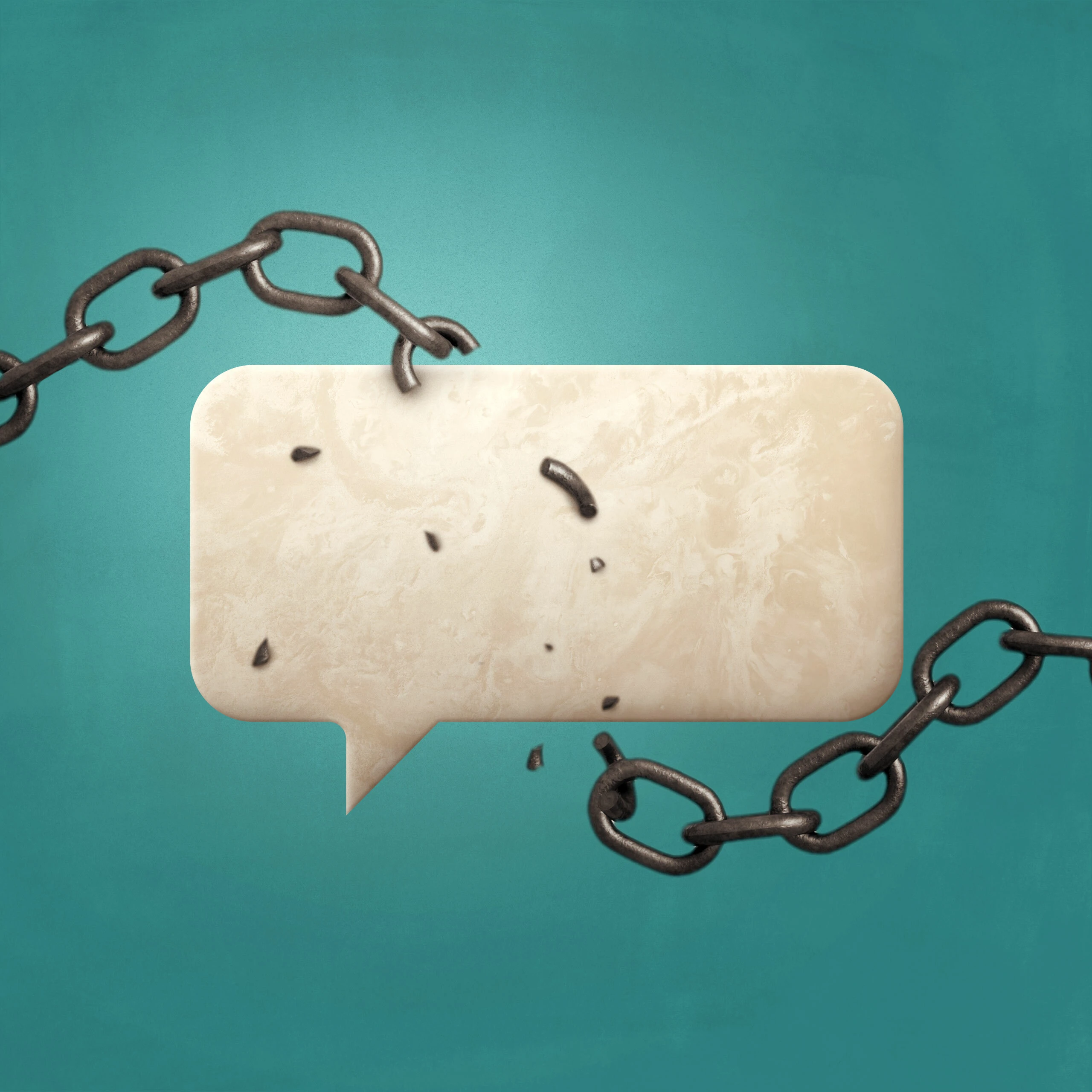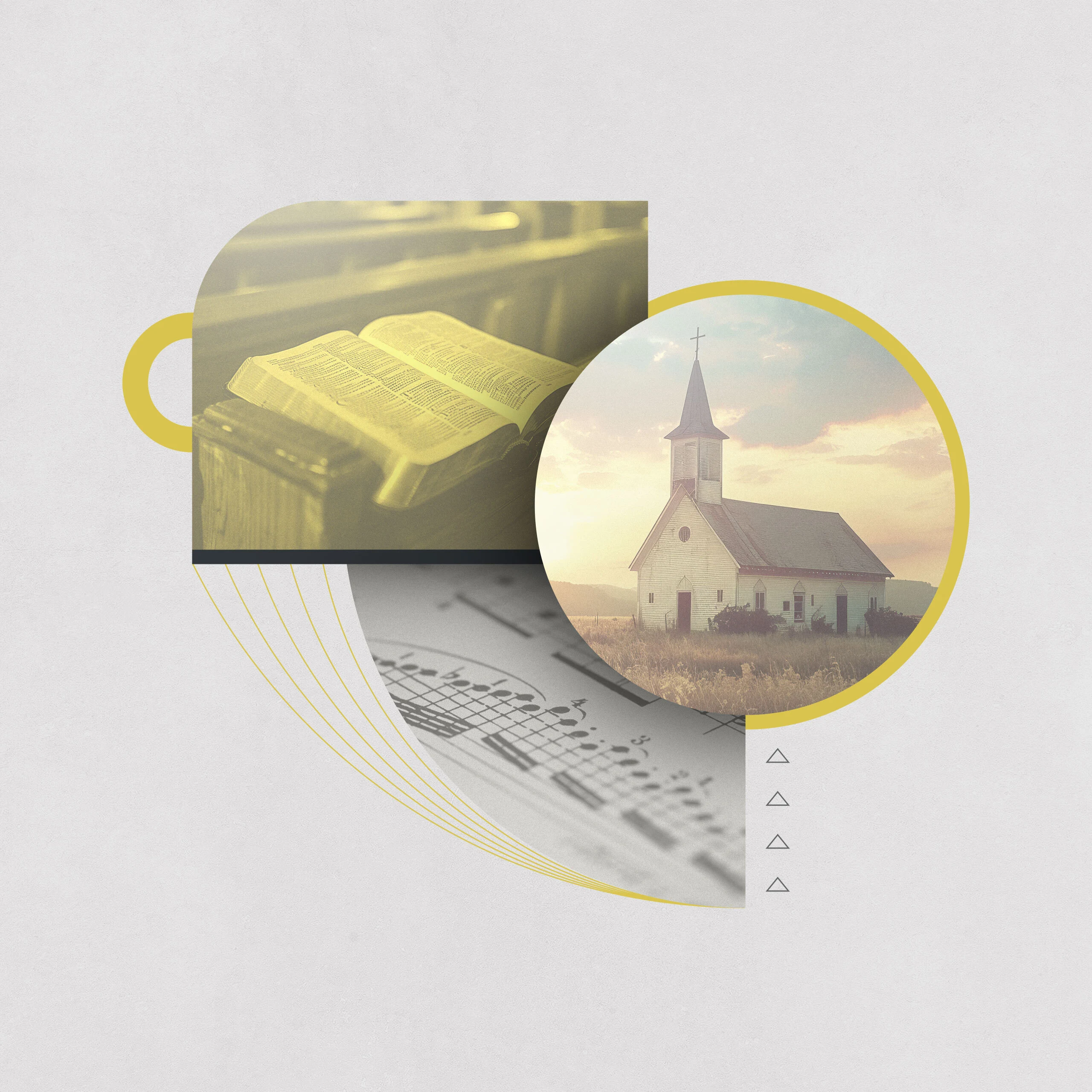What Is an Assurance of Pardon?

Many of the least religious people in the world are still familiar with the classic Roman Catholic line, “Bless me, Father, for I have sinned.” Said as a parishioner enters a private confessional booth with a priest, they are words that capture both the reality of sin and the need for grace. What happens next in this scene? In response to a list of confessed sins, the priest then prescribes certain steps of repentance and finally pronounces an absolution. The Reformed tradition also affirms the importance of confessing sin and receiving forgiveness, but with some key differences.
The first difference is to whom we confess. Since the Bible tells us that “there is one mediator between God and men, the man Christ Jesus” (1 Tim. 2:5), we believe the only One who can mend the breach our sins have caused is Christ, not a human priest or pastor. We confess our sins directly to God, pleading the merits of our Great High Priest, Christ Jesus (Heb. 4:14–16).
The second difference is where we believe confession should take place. The Reformed take what happens in the privacy of the confessional booth and place it “up front” as a central component of public worship. For centuries, a hallmark of Reformed liturgies (orders of worship) has been a section of “cleansing.” An example might look like this: God’s Word is read, the people confess their sins in response to it, and then the minister declares forgiveness for those who are trusting in Christ Jesus.
Why make this a part of public worship? Confessing sins can feel like such a personal and private matter. Perhaps you have felt uncomfortable in a church service that has required you to deal head-on with your sins of the past week. Many churches have discarded any sort of law reading or confession of sin precisely because they don’t want people to feel awkward. But the Reformed have stuck to another path, and the reason has to do with the nature of worship.
Worship is an encounter with God, and a sinful people cannot come into the presence of a holy God. Confession of sin and the declaration of a righteousness that is found in Christ Jesus is a powerful reminder that apart from the gospel, worship is not even possible. Moreover, worship exists to form and fortify Christian identities. As Christians we are both sinners and saints, and both matter (1 John 1:8–9). In corporate worship, an exhilarating moment occurs when the minister declares the pardon that we have in Christ Jesus, impressing upon us the identity of sinners saved by grace—those who are chosen and precious in God’s sight.
Though we are already forgiven, we often forget it, which leads to doubt and disobedience.
This leads to a third distinction between Roman Catholic and Reformed approaches to pardon: what is happening when a minister announces forgiveness. The minister is not decreeing something when he does this but only declaring what is already true according to the Scripture. In contrast, “absolution” (from the Latin word absolvere, meaning “to set free”) is the act of a priest literally setting a person free from the guilt of their sin. But there is no authority in men to forgive sins (Mark 2:7), although there is authority to preach that sins are forgiven (Acts 13:38). At this critical moment in the Reformed worship service, the minister is standing in the place of God—not in place of God—and on his lips we hear the words of our forgiving and merciful God: “There is therefore now no condemnation for those who are in Christ Jesus” (Rom. 8:1). This is why the declaration of pardon in many Reformed churches will simply include the reading of a passage from the Bible that clearly articulates gospel forgiveness and hope. It is God’s Word and promise wherein we find our assurance of pardon.
With this in mind, the declaration of pardon is one of the high points of a Reformed liturgy. Sin lays us low, but the gospel lifts us up (see Ps. 32:3–5). It is the fuel of our hope and the strength of our obedience. Worship is a time to encounter “the God of all grace” (1 Peter 5:10)—the God who reaches out to undeserving rebels and who becomes, as David puts it, “the lifter of my head” (Ps. 3:3). He is a God who is “slow to anger, and abounding in steadfast love and faithfulness” (Ex. 34:6). In public worship, His heart is on full display, perhaps especially so in the declaration of pardon.
Those who are already trusting in Christ are forgiven before a minister declares it. Nothing objectively changes in us or between us and God at that moment. But though we are already forgiven, we often forget it, which leads to doubt and disobedience. The assurance of pardon, therefore, is a needed reminder of who we are as the people of God: “Once you were not a people, but now you are God’s people; once you had not received mercy, but now you have received mercy” (1 Peter 2:10).


